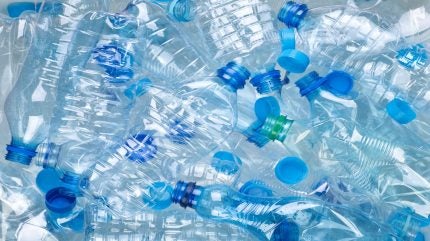
Birch Biosciences has entered into a global patent licensing agreement with the National Renewable Energy Laboratory (NREL) of the US Department of Energy to advance enzymatic plastic recycling processes.
This collaboration seeks to commercialise a technology for enzymatic deconstruction that effectively dismantles polyethylene terephthalate (PET), a prevalent plastic found in packaging and textiles.
Birch Biosciences co-founder and CEO Dr Johan Kers said: “This licensing agreement represents a significant step forward in our mission to enable a circular plastic economy using biological solutions.
“NREL’s process complements our enzymatic recycling platform perfectly and will help us achieve scalable, low-cost plastic recycling.”
The innovation, created by researchers at NREL, allows for the swift recovery of PET monomers through enzymatic breakdown.
These monomers can then be remade into virgin-quality PET, which is suitable for the production of products containing 100% recycled content.
By securing the rights to this technology, Birch Biosciences intends to integrate NREL’s downstream chemical processes into its proprietary biocatalytic recycling system.
This integration is aimed at accelerating the commercialisation of sustainable solutions for managing plastic waste.
Reportedly, more than 400 million tonnes of plastic are generated worldwide each year, with only a small portion of this plastic effectively recycled, highlighting the need for alternative approaches.
Enzymatic recycling offers a promising substitute for conventional recycling methods, as it prevents the quality degradation linked to mechanical recycling.
Furthermore, it removes the necessity for high temperatures and harmful solvents that are often involved in chemical recycling techniques.
NREL’s chemical process operates in conjunction with Birch’s enzyme platform, enabling the depolymerisation of untreated PET within hours under mild conditions.
This method is designed to be more energy-efficient and environmentally sustainable than conventional methods.
NREL senior research fellow Gregg Beckham said: “NREL is pleased to partner with Birch Biosciences to bring this technology to market.
“This is a great example of how national laboratories and industry can collaborate to address plastics recycling challenges with real-world impact.”







